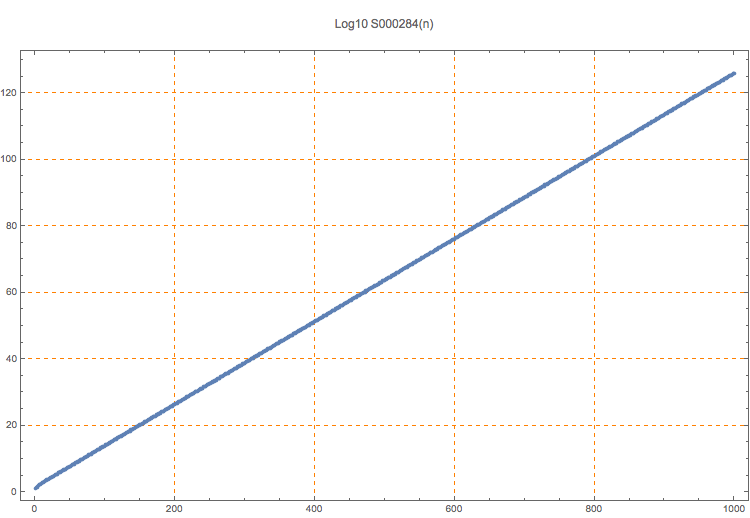Numbers beginning 96 consecutive numbers whose squares sum to a square.
13, 21, 28, 52, 137, 193, 216, 248, 581, 657, 724, 956, 1789, 2341, 2568, 2884, 6177, 6929, 7592, 9888, 18133, 23597, 25844, 28972, 61569, 69013, 75576, 98304, 179921, 234009, 256252, 287216, 609893, 683581, 748548, 973532, 1781457, 2316873, 2537056
1
Numbers satisfy a 17-th order linear recurrence.
T. D. Noe, Plot of 1000 terms
T. D. Noe, Table of 1000 terms
Moshe Laub, Squares Expressible as a Sum of n Consecutive Squares, Advanced Problem 6552, Amer. Math. Monthly 97 (1990), 622-625.
The smallest example is 13^2 + 14^2 + … + 108^2 = 652^2.
(Mma) g[m0_, m1_] := (1 - m0 + m1) (-m0 + 2 m0^2 + m1 + 2 m0 m1 + 2 m1^2)/6; Select[Range[100000], IntegerQ[Sqrt[g[#, # + 96 - 1]]] &]
(Mma) LinearRecurrence[{1, 0, 0, 0, 0, 0, 0, 10, -10, 0, 0, 0, 0, 0, 0, -1, 1}, {13, 21, 28, 52, 137, 193, 216, 248, 581, 657, 724, 956, 1789, 2341, 2568, 2884, 6177}, 50]
Cf. A001032, A001652, A106521, A094196, S000277-S000283.
nonn
T. D. Noe, Oct 10 2014
